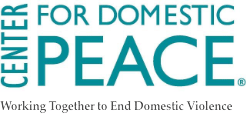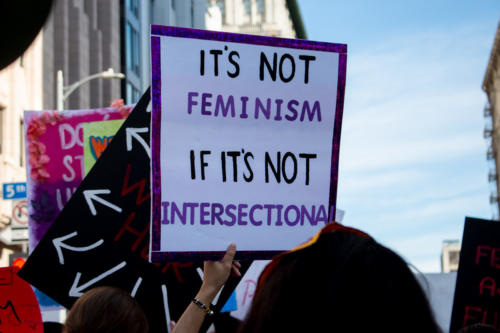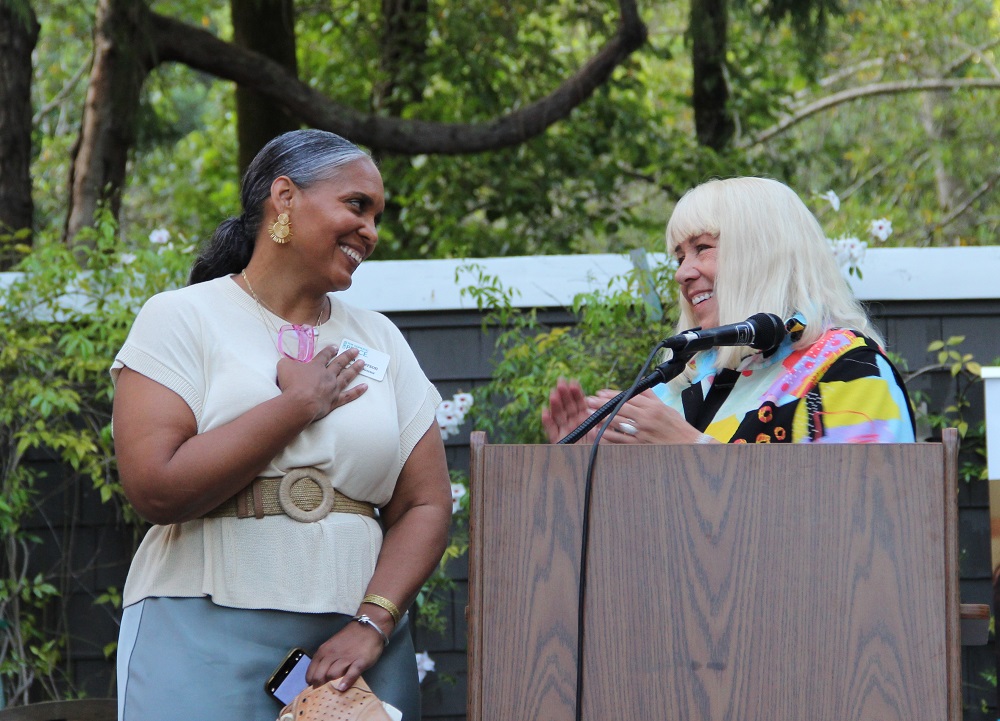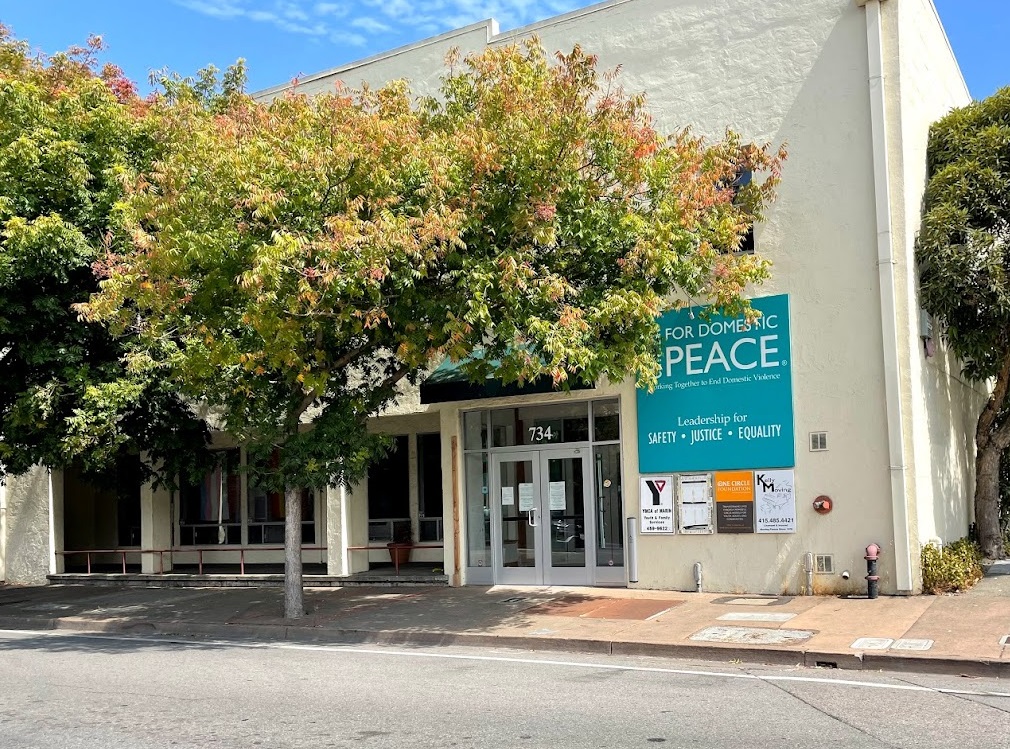“To be truly antiracist is to be feminist. To truly be feminist is to be antiracist”
~How to Be an Antiracist: Ibram X. Kendi
With the current heightened awareness of racial injustice stemming from the murders of George Floyd and Breanna Taylor and the economic inequality revealed during the COVID-19 pandemic, Center for Domestic Peace (C4DP) reaffirms its commitment to addressing the intersections between domestic violence, sexism, racism, poverty, homophobia, and other forms of oppression in the work we do to create domestic peace.
Embedded in C4DP’s core principles is the recognition that racial, economic, and gender inequities exist and are foundational in understanding and solving domestic violence. Women are the most common victims of domestic violence and are most frequently on the frontlines as essential workers. They face precarious financial situations and simultaneously endure institutional racism, sexism, and health disparities. Creating freedom from domestic violence requires centering race, gender, and economic justice in solutions to ending it.
In C4DP’s 43-year history, our core organizational principles have guided our strategic directions. They have provided clarity on creating solutions to domestic violence and ensured alignment with the international movement working to end violence against all who identify as women and girls. This framework ensures that we also work to eradicate the violence that men and boys experience in their intimate relationships.
So at this moment in history, where does C4DP shine brightest in our commitment to equity and justice? Where must we deepen our resolve and actions to do more to address racial justice?
Increasing competency and responsiveness to issues of diversity including race, ethnicity, culture, age, language, citizenship, sexual orientation, and gender has been a long-term and ongoing commitment for C4DP. The board strengthened this commitment to racial justice several years ago by further diversifying its membership. Currently 60% of board members are of color. Two years ago, C4DP hired trainers to conduct unconscious bias and racism awareness training at its annual board retreat, which continues into this fall. C4DP staff established a priority in fall 2019 to increase our understanding of C4DP’s core principles and policies that address bias and discrimination by establishing ongoing practice sessions, which are currently underway, on how to apply these tools to our work.
To strengthen connections within the Black/African American community in Marin with a primary focus on Marin City, C4DP hired a liaison to that community in 2017 to increase domestic violence awareness and support survivors in accessing services. C4DP continues to work collaboratively with Marin City partners to generate solutions to domestic violence within a relevant cultural framework. These actions built on 35 years of work done by C4DP to create a fully bilingual Spanish response, which includes, 1) providing all direct survivor services in Spanish, 2) offering culturally specific prevention programs, and 3) maintaining a vibrant multicultural staff. These are highlights of some of our actions toward becoming more inclusive, diverse, culturally competent, and responsive.
We humbly submit, however, that more work remains to be done. The domestic violence field has relied far too heavily on criminal justice responses to domestic violence, and this is an area that requires our attention. We accept our responsibility to advance the conversation and be at the table to find alternatives to address survivor safety, especially for Black women, when alternatives to engaging law enforcement to deal with abuser accountability are requested. And while C4DP follows the lead of survivors on how they want to proceed – never requiring the involvement of law enforcement – we stand committed to seeking alternatives as part of a community-wide approach to criminal justice reform.
Anti-racism work for board and staff will continue as C4DP deepens its commitment to address racial justice awareness in all training programs offered by the organization. These are a few of our next steps forward.
We hope that we are at a moment in time when our country is on the verge of addressing racism and economic injustice more deeply and powerfully than ever before. Toward that end, C4DP stands grounded in our commitment to a broad analysis of intersectionality, in particular how gender, poverty, and race impact the lives of survivors. From this place, we move forward toward the creation of a more equitable society where domestic violence no longer exists!






